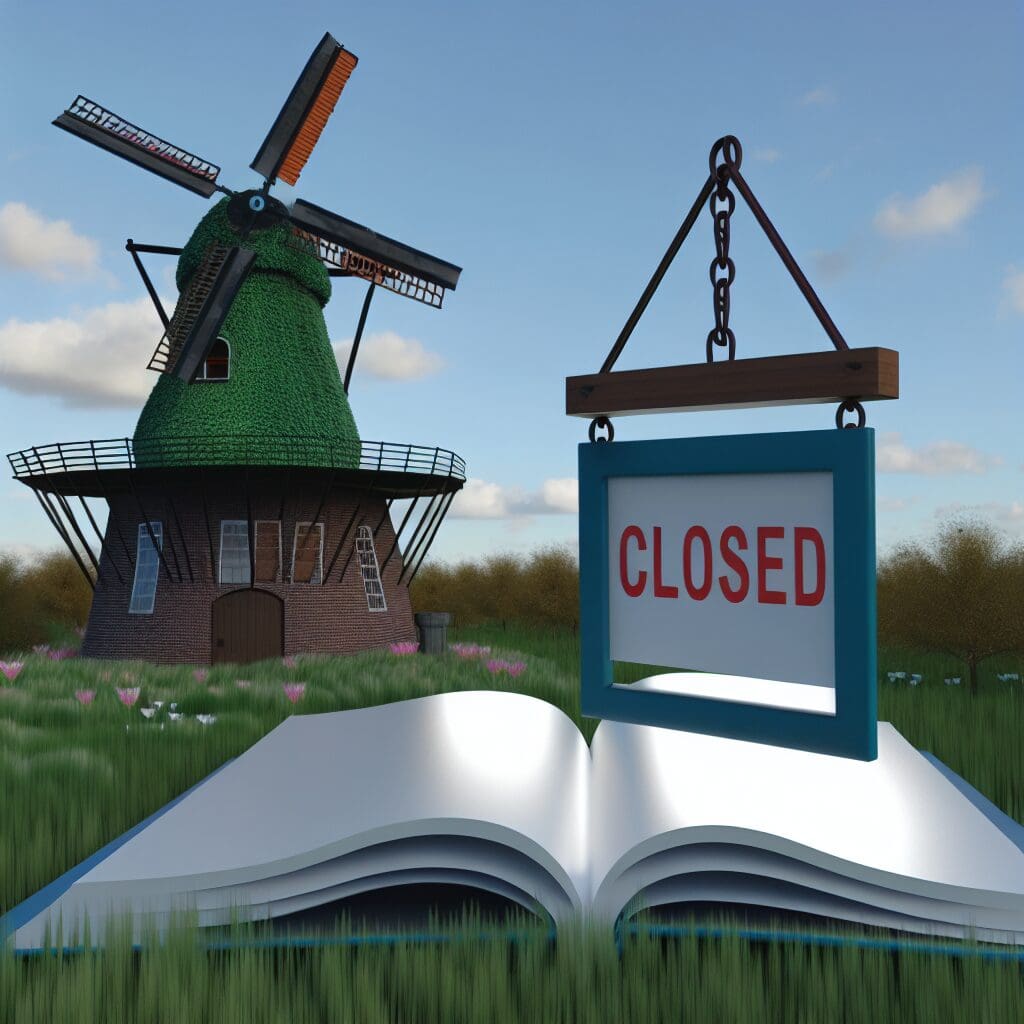The recent actions of a Dutch copyright group have brought significant attention to the growing tensions surrounding artificial intelligence and copyright law. The group successfully halted an AI training dataset, raising questions about the legality of using copyrighted content in the development of AI models. This event highlights the vital intersection of technology and intellectual property rights.
The Dutch copyright group issued a cease and desist order that led to the removal of the dataset. This decision serves as a reminder that while AI technologies are advancing rapidly, they must comply with existing copyright laws. The case illustrates the ongoing debate about what constitutes fair use in the context of machine learning and AI training datasets.
Take, for instance, the music industry, where similar disputes over sampling and copyright have long existed. Artists often find themselves navigating a complicated landscape of rights, permissions, and potential legal threats. The AI realm mirrors this complexity, as developers seek to utilize vast amounts of data to train their algorithms.
Furthermore, the case sets a precedent for how copyright groups worldwide might respond to AI development practices. As businesses increasingly leverage AI technologies, they must ensure that their operations respect intellectual property laws. Failure to do so can lead to legal disputes that not only consume resources but also tarnish reputations.
In conclusion, the Dutch copyright group’s actions shine a spotlight on the necessity of balancing innovation with legal compliance. As companies evolve their business strategies to integrate AI, understanding the implications of copyright law becomes essential to sustainable success. This situation underscores an urgent need for clear guidelines that can govern AI practices while fostering creativity and technological advancements.










